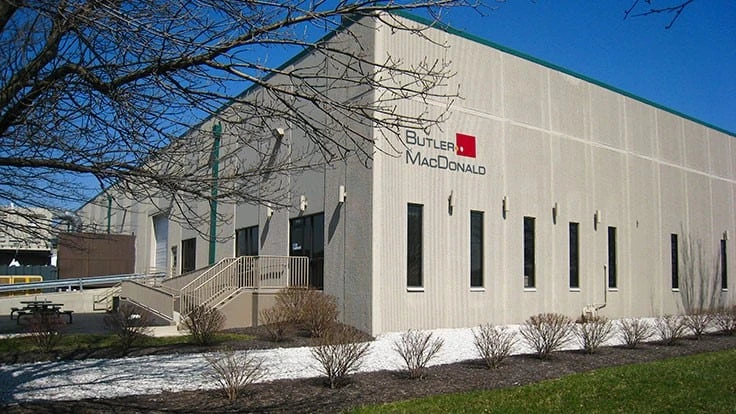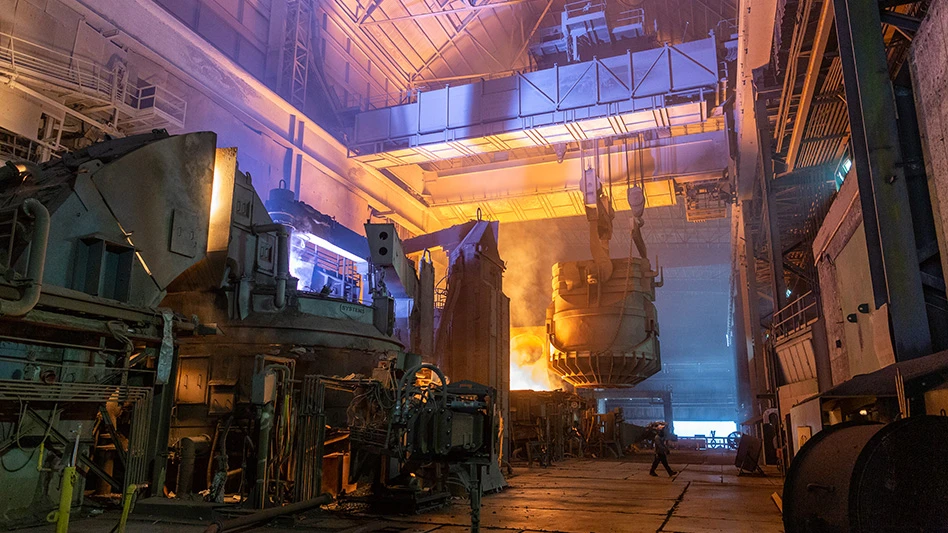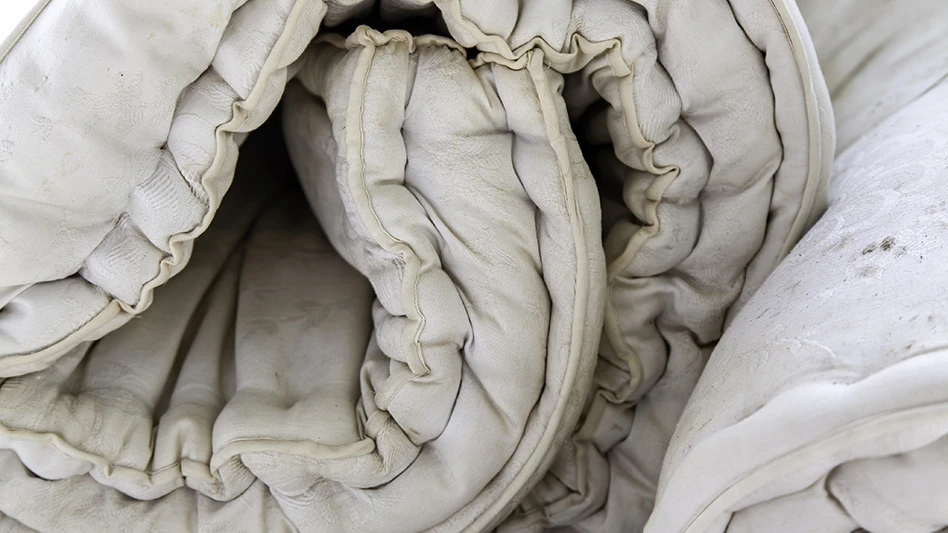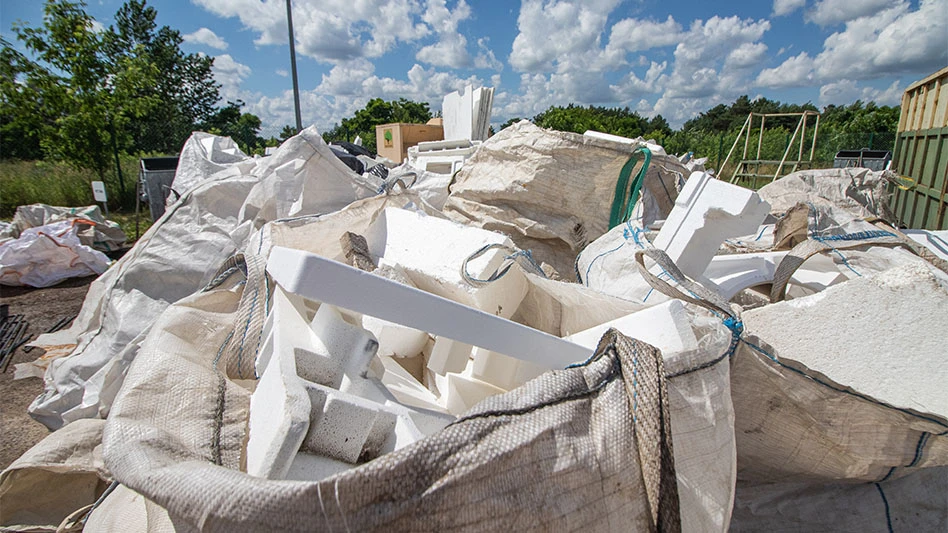
Butler-MacDonald
Butler-MacDonald, headquartered in Indianapolis, says the COVID-19 pandemic has led to an increase in business for the company, which serves customers as a plastics toll processor, performing size reduction, polymer separation, metal and contaminant removal, pelletizing and compounding, and as a supplier of regrind and reprocessed resins. The company says its March sales have increased 10 percent over March 2019.
Many of Butler-MacDonald’s customers have been deemed “essential,” and the company says it has received several letters from its customers asking the business to remain fully operational to keep the supply channel open.
Butler-MacDonald says it has answered that call, running three shifts per day, and gone further by adding capacity in the form of increased staff, extended hours (including Saturdays) and overtime.
President Scott Johnson attributes the increase in business primarily to increased demand for polymers used in the fight against COVID-19, including plastics for medical face shields, disinfecting wipe containers and lids, bleach bottle caps and more. To a lesser extent, additional business has come to Butler-MacDonald as smaller suppliers have either shut down or do not have the inventory to meet increased demands from customers, says the company, which supplies high-impact polystyrene (HIPS), polypropylene (PP), low-density polyethylene (LDPE), linear-lower-density polyethylene (LLDPE) and high-density polyethylene (HDPE).
Butler-MacDonald says it has a long history of recovering high-quality polymers from plastics or parts that most recyclers would consider unusable, enabling it to take in additional materials that others won’t.
“I’m extremely grateful that we have been able to stay open and provide our family of employees with a steady paycheck during these difficult times,” Johnson says. “But our top priority is keeping our employees safe and healthy.”
To that end, Butler-MacDonald says it has implemented COVID-19 employee safety guidelines that establish new policies for social distancing and frequent disinfection of surfaces and equipment, including control panels, telephones, computer keyboards, mice and door handles.
“We know this is a temporary situation, but our ability to perform at such a high level during this pandemic and the lessons learned will only make us stronger when things start to return to normal,” Johnson says.
Latest from Recycling Today
- Alpla calls 2024 year of recycling growth
- Altilium says agreement puts it on lithium recycling path
- NWRA, SWANA partner to address lithium-ion batteries
- Corinth, Texas, renews waste contract with CWD
- Fresh Perspective: Sarah Zwilsky
- Plastics Industry Association announces leadership changes
- QCC celebrates 50th anniversary
- Venture Metals acquires 2 nonferrous processors





